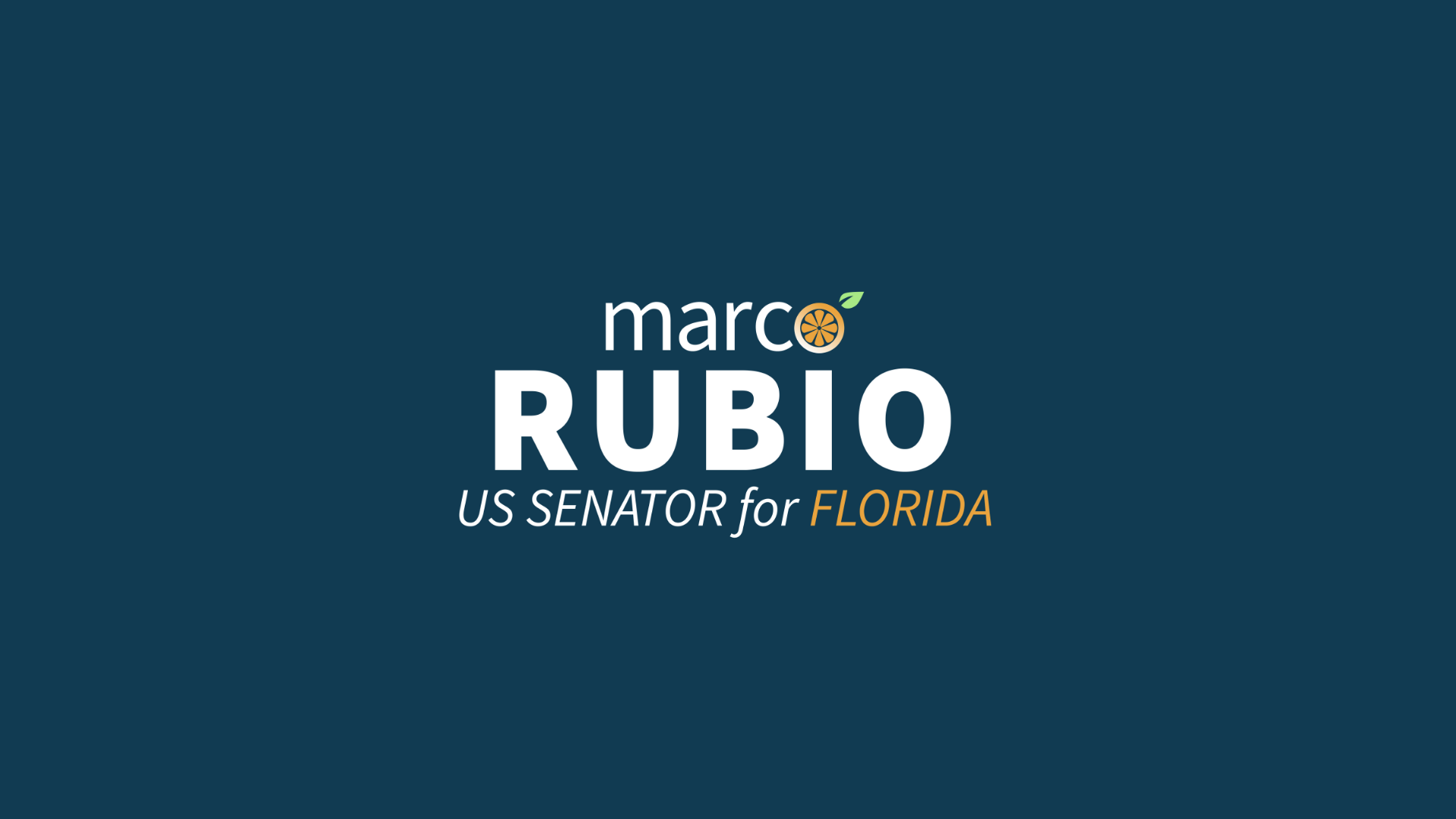Source: United States Senator for Florida Marco Rubio
Shein, a fast fashion apparel company founded in China, exploits U.S. trade law and uses cotton linked to Uyghur slave labor in the Xinjiang Uyghur Autonomous Region. In an attempt to protect its business and repair its disastrous reputation, the company has recently hired lobbyists in the U.S. to advocate on its behalf to Congress.
U.S. Senator Marco Rubio (R-FL), author of the bipartisan Uyghur Forced Labor Prevention Act, sent a letter to his Senate colleagues urging them to join him in holding Shein accountable for their profits from Uyghur slave labor.
-
“Shein is able to offer this array of products at rock-bottom prices not because of any particular competitive advantage, but because it steals intellectual property, infringes copyrights, exploits U.S. trade law, and uses fabric linked to Uyghur slave labor.
The full text of the letter is below.
Dear Colleague:
I write to make you aware of actions by Shein, an apparel company founded in China that profits from Uyghur slave labor. Shein is hiring D.C. lobbyists to protect the trade loopholes that allow it to avoid accountability. No one should be fooled by Shein’s efforts to cover its tracks. Action is still needed to ensure that the Uyghur Forced Labor Prevention Act (UFLPA; P.L. 117- 78) is fully implemented and enforced and that Shein’s trade tricks are eliminated.
Shein is one of largest “fast fashion” retailers in the world, valued at $66 billion. The “fast fashion” company is known for its vast, constantly changing inventory of cheap apparel, reportedly listing 6,000 new items for sale per day, on average. Shein is able to offer this array of products at rock-bottom prices not because of any particular competitive advantage, but because it steals intellectual property, infringes copyrights, exploits U.S. trade law, and uses fabric linked to Uyghur slave labor.
Independent laboratory testing of Shein products has found that some are made with cotton from the Xinjiang Uyghur Autonomous Region (XUAR), where the Chinese Communist Party is conducting an ongoing genocide of Uyghurs and other predominantly Muslim groups, which includes the use of forced labor. The UFLPA empowers U.S. Customs and Border Protection (CBP) to block products originating in the XUAR, or made under “labor transfer” programs that send Uyghurs to other parts of China. Yet, Shein products have so far avoided punishment and scrutiny. In part, that is because Shein ships small packages direct-to-consumer using a trade loophole known as de minimis entry. Shein abuses this entry category to avoid customs duties and inspections on its unethically produced products. Shein’s exploitation of de minimis entry prevents scrutiny under UFLPA, cheats taxpayers of customs revenue, and undercuts American competitors that play by the rules.
Shein knows its reputation is toxic, so now it is taking steps to clean up its image ahead of a potential initial public offering in the United States. It hired lobbyists from the firms Akin Gump and Hobart Hallaway and Quayle to protect its tax and trade loopholes. It relocated its headquarters from China to Singapore to escape scrutiny as a Chinese company, although its fabrics and garments are still made in China. Shein is even touting its own “third-party analyses,” which found that only some of its cotton comes from Xinjiang. This study amounts to an admission of guilt, yet incredibly, Shein presents it as evidence of good corporate citizenship.
Shein’s spin and legal maneuvering cannot hide its crimes. I will continue to work to enforce UFLPA, and to close the trade loopholes that allow Chinese firms to undercut American producers and escape accountability. I invite you to join me in these urgent efforts to hold accountable Shein and other companies that are complicit in genocide.
Sincerely,
